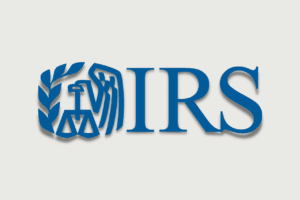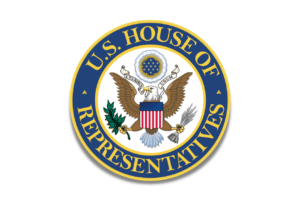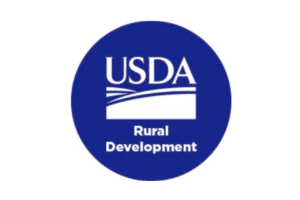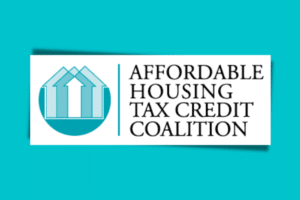Federal / Agency News

IRS Publishes 2022 Population Figures
The Internal Revenue Service published Internal Revenue Bulletin No. 2022-12, which contains calendar year 2022 resident population figures to calculate state allocations of the nine percent LIHTC and private activity bond cap.

House Introduces Bill to Facilitate Use of Fiscal Recovery Funds in LIHTC Developments
Representatives Alma Adams (D-NC), Carolyn Maloney (D-NY) and David Rouzer (R-NC) introduced the LIHTC Financing Enabling Long-term Investment in Neighborhood Excellence (LIFELINE) Act, H.R. 7078, which would allow states and localities to use Coronavirus State and Local Fiscal Recovery Fund (SLFRF) resources to make long-term loans to Housing Credit developments.

Rural Housing Service: MPR NOSA and Workshop for Section 514 and Section 515 for Fiscal Year 2022
USDA’s Rural Housing Service published a Notice of Solicitation of Applications entitled, Multi-Family Housing Preservation and Revitalization Demonstration Program-Section 514 and Section 515 for Fiscal Year 2022.

HUD Updates Mortgage Limits for Multifamily Housing Programs, Substantial Rehabilitation Thresholds
HUD published a Federal Register notice adjusting the Annual Indexing of Basic Statutory Mortgage Limits for Multifamily Housing Programs. The percentage change in the consumer price index for all urban consumers is 4.2 percent and the limits have an effective date of Jan. 1, 2022.

HUD Extends Expedited Regulatory Waiver Deadline for PHAs
HUD extended the submission deadline for expedited regulatory waivers until April 1, 2022, for Public Housing and Housing Choice Vouchers.

HUD Updates FMRs for 12 Areas
HUD updated the fair market rents (FMRs) for the Housing Choice Voucher Program, Moderate Rehabilitation Single Room Occupancy Program and other programs for Fiscal Year 2022 for 12 areas based on new survey data:

At Least 1.36 Million Eviction Cases Were Prevented In 2021 through ERA
Princeton University’s Eviction Lab published a new report finding that at least 1.36 million eviction cases were avoided last year from the Emergency Rental Assistance (ERA) from the American Rescue Plan.

2022 Edson Awards Application Open through April 22
The annual Charles L. Edson Tax Credit Excellence Awards (Edson Awards) recognize outstanding affordable housing developments and organizations that have demonstrated especially impactful use of the LIHTC.

Congress Passes Full FY 2022 Funding
Last week, Congress passed FY 2022 funding through Sept. 30, 2022. The bill includes 53.7 billion in HUD funding, a $4 billion increase of FY 2021 levels.

New Resources for DCTA Recipients and Smaller Distressed Communities
HUD’s library of resources, relevant to Distressed Cities and Persistent Poverty Technical Assistance (DCTA) recipients and smaller distressed communities, features a wide range of resources, reports, webinars and funding opportunities that might be of interest to small governments, tribal organizations and nonprofits, including COVID-19 recovery information.

Impact of Rising Utility Costs on Residents of Multifamily Housing Programs
The U.S. Department of Energy forecasts a three-year high in 2022 for average residential utility costs across the U.S. that may affect families who pay for some or all of their household’s utility bills.

FHFA Announces More than $1.1 Billion for Affordable Housing Programs
Federal Housing Finance Agency Acting Director Sandra L. Thompson announced the Housing Trust Fund (HTF) and the Capital Magnet Fund (CMF) will receive a total of $1.138 billion for affordable housing initiatives from Fannie Mae and Freddie Mac (the Enterprises).